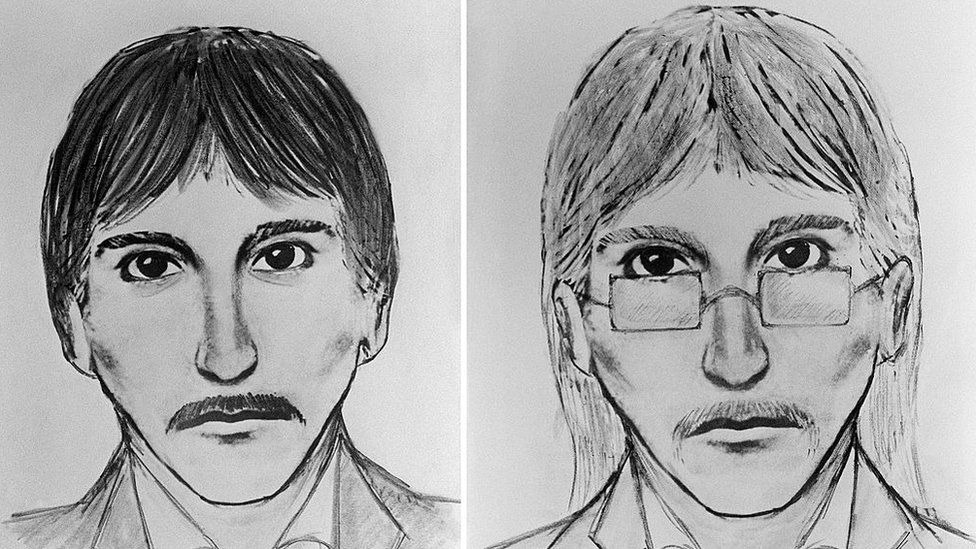Found Guilty -- Claiming Innocence -- Hassan Diab
"After 43 years of judicial wandering, justice is finally served for this deadly antisemitic attack.""Everything must now be done to enforce the international arrest warrant. ""CRIF [Representative Council of French Jewish Institutions] calls on Canada to cooperate with French justice."Yonathan Arfi, president of CRIF"It would be inappropriate to speculate on any potential requests for extradition for Dr. Diab to France.""Extradition requests are confidential state-to-state communications, so we cannot comment on the existence of any request until it is made public by the courts."Canadian Justice Minister David Lametti spokesperson"[The case against his client is] replete with seemingly disconnected information.""[The case against Diab contains] a great deal of argument, hypothesis, conjecture and references to information received, without describing the source of that information or the circumstances upon which it was received.""The evidence shows he's innocent and yet they've convicted him. It's a political result. It's a wrongful conviction."Diab's Canadian lawyer Donald Bayne
 |
| Firemen standing by the wreckage of a car and motorcycle after a bomb attack at a Paris synagogue on October 3, 1980 that killed four people. (AFP/Getty Images) |
The search for justice can be extraordinarily complicated, as it has been in the case of the bombing in France that took place forty-three years ago when the Rue Copernic Synagogue was the site of a terrorist attack that killed four people and wounded dozens more. Hassan Diab, accused by French authorities of having been the man responsible for the bombing, was living in Canada when he was arrested in 2008 by the RCMP acting on a request for extradition from France. A long-drawn-out process ensued when what evidence that existed was studied by a Canadian court and though judged inconclusive, Mr. Diab was returned to France in 2014.
He was imprisoned and spent over three years in incarceration. Eventually a French High Court ordered him freed on the basis of insufficient evidence. And Mr. Diab, a dual Lebanese/Canadian citizen, was permitted to return to Canada where he has been domiciled since then with his wife and their children. He has occasional work assignments as a casual university lecturer in sociology. Subsequent to his release and return to Canada the federal government authorized an investigation into the way his case was handled in Canada, culminating in his release from a French prison.
The report exonerated all those involved in the investigation, that led to Mr. Diab's extradition; that under the circumstances they comported themselves under the law properly, and no fault was to be found on the part of the prosecutors and the justice that examined the evidence concluding that the extradition process could proceed. Mr. Diab and his lawyer question the conclusion of the report, finding it biased and unreliable, giving the government and its agencies a clearance that in their opinion is undeserved.
Subsequent to which, Mr. Diab and his family decided to sue the federal government over the role Canada played in his extradition to France including the years of imprisonment in a French jail — the results of the terrorism probe that ultimately stalled in reflection of insecure and inadequate evidence. Mr. Diab's lawyers and his supporters cling to his contention that he had been in Lebanon at the time of the bombing, not in France. In a notice of action filed with the Ontario Superior Court, Diab, his wife Rania Tfaily and their two young children seek $90 million in damages.
However, a new trial was struck in France and Mr. Diab reacted to this trial as he had formerly, refusing to attend, declaring himself innocent of all charges. The trial proceeded with new evidence introduced, sufficient to convince French prosecutors and the court to reach a verdict of guilt. Found guilty in absentia of the bombing, Hassan Diab was sentenced to life in prison, and a warrant was issued for his arrest.
 |
| Police released an artist's impression of the bomber in 1980 AFP |
The Paris Appeals court had disagreed with the decision to drop charges in recognition of a lack of evidence and Diab's return to Canada, ordering a trial, which took place in early April when Mr. Diab declined to attend, leaving the trial to proceed in his absence. Yet again the issue of extradition has arisen, with the government of Canada awaiting a formal request; if it has been received, it has not been made public. This man's declaration of innocence of the charges has wide support in Canada.
Those who should know better suggest that a fair trial was not possible in France. Impugning the French justice system as a result of this singular case is peculiar, given relations as two democracies with much in common between Canada and France. The news media in France, on the other hand, has confidence that the trial's outcome is just and deserving. France 24 wrote of the attack being orchestrated by the Popular Front for the Liberation of Palestine. One of their commanders was in possession of Diab's passport which Diab claims had been stolen.
Witnesses to
the bombing, however, in describing the suspect to police, led to a
sketch bearing a striking resemblance to Diab in his younger years. In
declaring his innocence since 2008 and beyond, Mr. Diab saw no profit in
attending hearings and his trial in France to clear his name. He saw no
need to defend himself in a French court of law. He can present no
solid evidence that he was not present in France on that fateful day,
acting in concert with the Palestinian terrorist group -- as a
Palestinian born in Lebanon himself -- whose plan he may have carried
out.
 |
| Hassan Diab in Ottawa on Friday April 21. A French court found Diab guilty on Friday in relation to a 1980 bombing of a Paris Synagogue. (Michel Aspirot/CBC) |
Labels: French Extradition, Hassan Diab, Innocent until Proven Guilty, Lebanese-Canadian Citizen, Life Sentence, Paris Bombing

<< Home